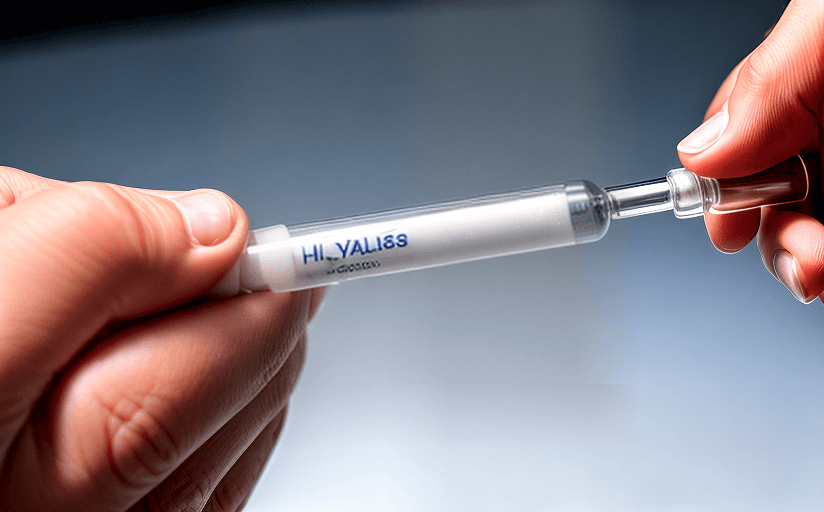Are Vaccines Safe?
Vaccines have been around for centuries and remain a cornerstone of modern medicine, providing protection against a wide range of illnesses and diseases. But there have been a lot of questions and concerns about the safety of vaccines in the modern era. Are they really safe?
The short answer is yes. Vaccines are safe and effective, and there is a wealth of scientific evidence to back up this claim. Vaccines contain carefully selected antigens, which are harmless substances that trigger an immune response in the body. This response is what ultimately prevents an individual from becoming infected with the disease or illness the vaccine is designed to protect against. Vaccines are rigorously tested for safety before they are approved for use by regulatory authorities.
Moreover, vaccines are regularly monitored for any adverse effects. The World Health Organization (WHO) and other regulatory bodies have systems in place to detect and investigate any potential safety issues associated with vaccines. The WHO also regularly reviews the scientific evidence available to ensure that vaccines remain safe and effective.
It is important to remember that vaccines are not risk-free. Some people may experience mild side effects such as fever, soreness, or a headache after receiving a vaccine. However, these side effects are usually mild and temporary, and the benefit of protection from the disease or illness far outweighs any risks.
The bottom line is that vaccines are safe and effective. The scientific evidence supporting this conclusion is overwhelming, and regulatory bodies worldwide are committed to ensuring the safety of vaccines. If you have any questions or concerns about vaccines, it is always best to speak with a healthcare professional.

















Comments
Leave a Comment